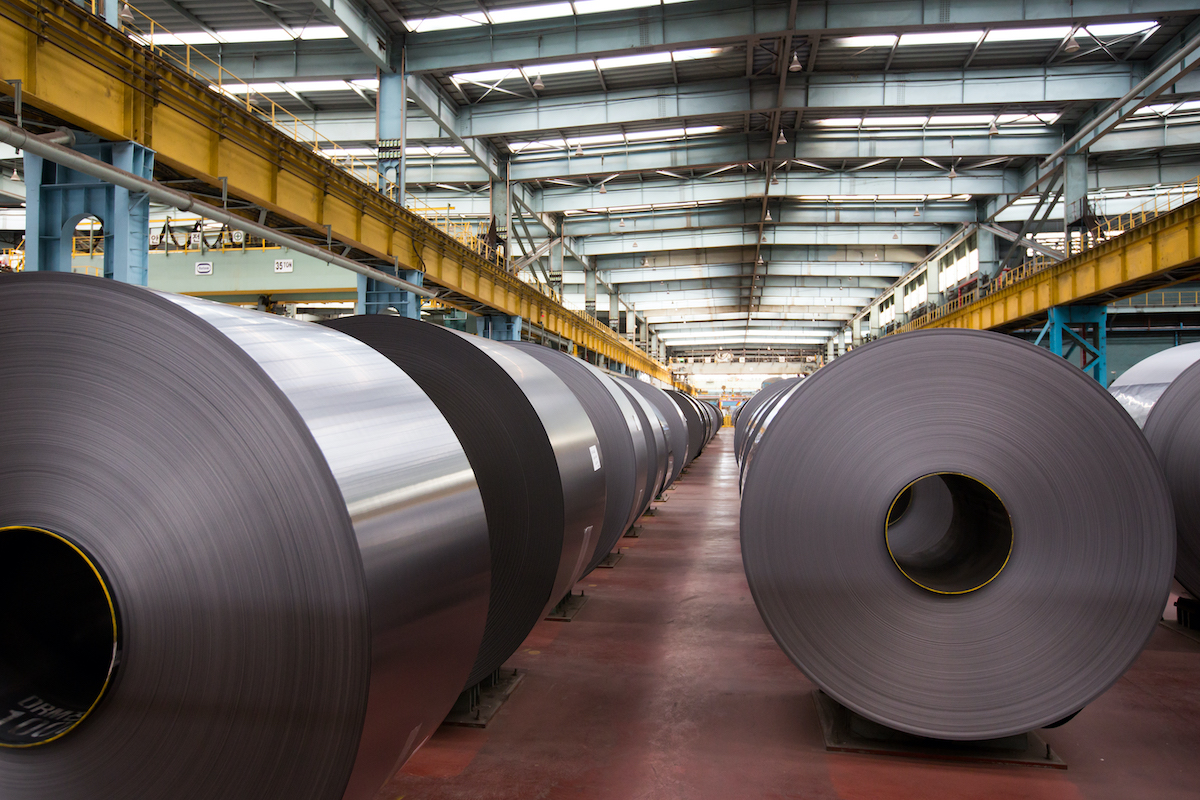Czech steelmakers are so far coping with the disruption to feedstock supply from the CIS as a result of Russia’s invasion of Ukraine, but are concerned over future supply shortages and enquiring with alternative suppliers, Czech industry sources tell Kallanish.
Czech Republic imported 4.97 million tonnes of iron ore from Ukraine in 2021, while iron ore imports from Russia were 682,363t, according to Czech Statistical Office data. Slab imports from Russia, meanwhile, reached 465,099t.
“Czech mills are running but obviously follow the developments in Ukraine with great concern,” says Czech and Slovak steel association Steel Union chairman Daniel Urban. “They have already experienced some interruptions in the supply of ore from Ukraine. We fear worse is to come. As for alternative sources of ore, the mills are of course looking to Australia and Brazil but the time required to get the stuff here is well over two months.”
The country’s main long steelmaker, blast furnace-based Trinecke Zelezarny, says production continues. “We have set up production processes to react promptly to the latest developments of the situation in Ukraine and to ensure a sufficient supply of raw materials,” the firm observes. “We are working intensively on strengthening the range of suppliers to ensure smooth operation of our facilities.”
A spokesperson for BF-based Liberty Ostrava meanwhile says the firm “continues to monitor the fast-developing situation in Ukraine to ensure our contingency plans remain effective. We continue to focus on ensuring the resilience of our supply chain as well as working closely with our customers to manage this unprecedented situation.”
Spokespeople for plate re-roller Vitkovice Steel did not respond to request for comment before deadline. Merchant slab had however been a scarce commodity even before the Russian invasion, while prices have since skyrocketed amid the absence of CIS supply.
A spokesperson for the Czech-Moravian Confederation of Trade Unions, which represents steel workers, says there are reports of disrupted steelmaking feedstock supply from Ukraine. “The managements of individual companies are trying to find other possibilities to overcome this problem till the time the war is over. So far, the steel mills were running but the question is for how long.”
A Czech service centre source comments: “Our contract suppliers in the region (blast furnace) have assured us they hold enough raw material stocks to keep them going for weeks yet, but there is clearly a lot of nervousness around both demand and supply. Prior to the invasion, mills were bullish and reporting full orderbooks for the foreseeable future.”
Those supplying the automotive sector have experienced disruption to deliveries for months caused by semiconductor shortages and therefore have surplus steel in stock. A new issue limiting automotive production is nevertheless the disruption to wiring harness deliveries from Ukraine.
More immediate problems than material shortages are the lack of manpower, as many Ukrainian workers have returned home, as well as transport companies being hit by soaring fuel costs, the service centre source concludes.
Adam Smith Germany






